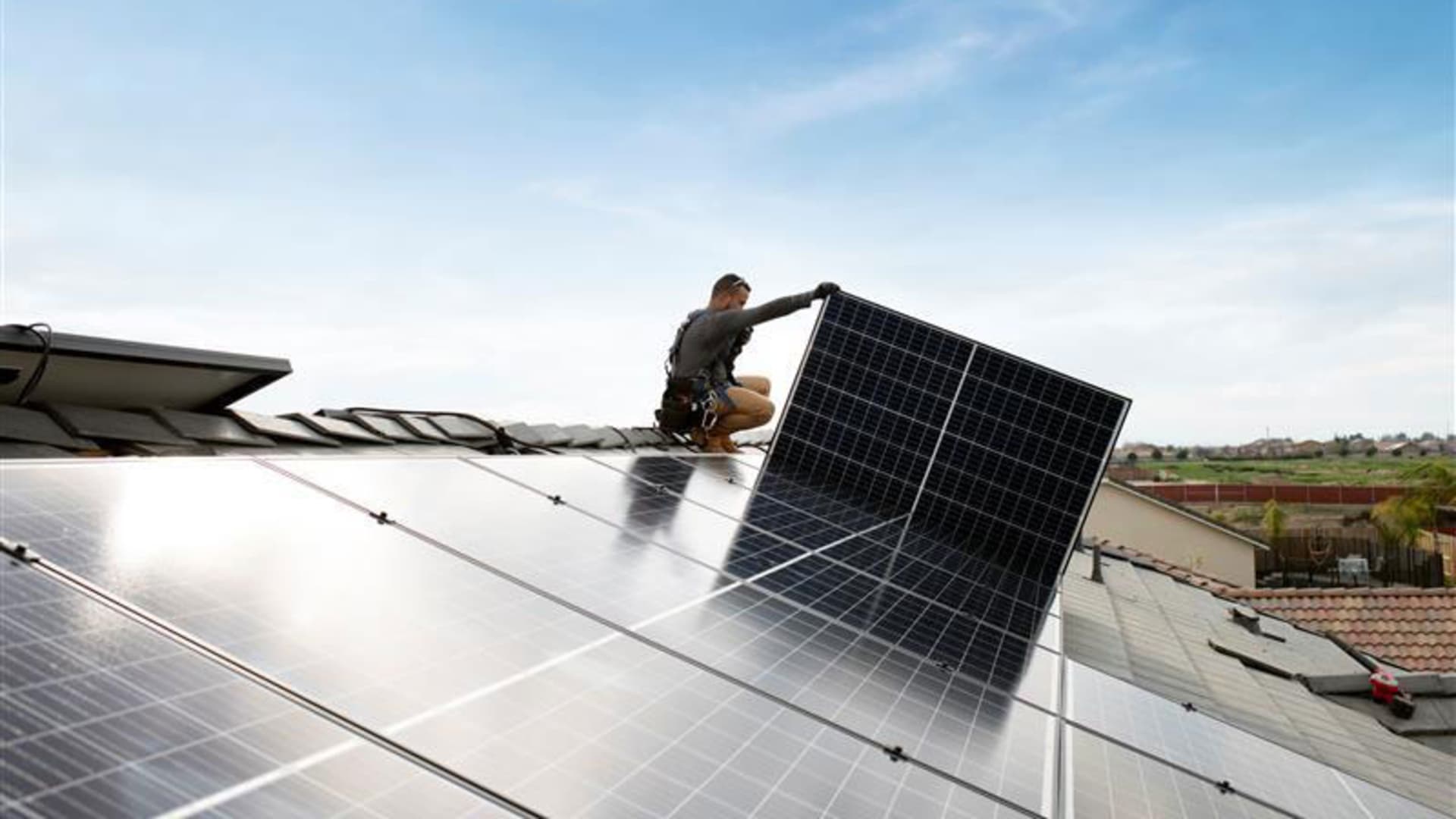Half of EU Electric Car Chargers in Just Two Countries!

I’ve followed the European electric car and EV charger market for a decade. We’ve hosted conferences on EV charging within Europe. Nonetheless, I was shocked to see the figure that just came out from an EU EV charging analysis conducted by the European Automobile Manufacturers’ Association (ACEA) — “half of all charging points for electric cars in the European Union are concentrated in only two countries!” Those countries are the Netherlands (90,000 charging points) and Germany (60,000 charging points).
It’s important to remember that some of the largest EV markets in Europe are not in the European Union. Norway, the UK, and Switzerland are not EU members. Still, 50% EV charging market share in just two EU countries is a clear sign of the vast imbalance in the European electric vehicle market. “These two countries make up less than 10% of the entire EU surface area,” the European Automobile Manufacturers’ Association (ACEA) points out. “The other half of all chargers are scattered throughout the remaining 25 countries, covering 90% of the region’s surface area.”
The Netherlands has long been known as a kind of “EV charging paradise” by those following these trends closely, including our own Maarten Vinkhuyzen, who may have coined that term for his home country. I recall that a few years ago, while Norway was far ahead of the Netherlands and other countries in EV sales, it had approximately the same number of charging stations as the Netherlands. That led to significant charging challenges in Norway while Dutch electric car drivers had mostly smooth sailing.
Within the EU, “the Netherlands has almost 1,600 times more charging points than the country with the least infrastructure (Cyprus, with just 57 charging points). Indeed, the Dutch alone have as many chargers as 23 member states combined.” Of course, some of those countries, like Cyprus, are quite small and have much smaller populations, but the Netherlands is not particularly larger either the overall picture is dramatic.
“When it comes to the distribution of infrastructure, there is a clear split between central and eastern European countries on the one hand and western European countries on the other. For instance, a sizeable country like Romania — some six times larger than the Netherlands — only has 0.4% of all the EU’s charging points.”
The core point isn’t that the Netherlands is truly overflowing with EV charging stations. The point is that most of Europe is lagging behind what’s needed to support strong EV growth. “Although there has been a strong increase in the number of charging points in the EU over the past five years (+180%), the total number (307,000) falls far short of what is required.
ACEA references a study that finds that 6.8 million public EV charging points may be needed by 2030 to reach the EU’s target of a 55% reduction of CO2 emissions from cars. The quick math shows a need for 22 times more charging points by 2030. “The Alternative Fuels Infrastructure Regulation (AFIR) — proposed by the European Commission last year — is meant to help address the situation. However, its ambition level is completely insufficient, says ACEA.”
“While some countries are powering ahead when it comes to infrastructure rollout, the majority are lagging behind,” stated ACEA Director General, Eric-Mark Huitema. “The stark disparities demonstrate the need for strong AFIR targets that are harmonised across all EU member states.”
“We urge policy makers to reinforce AFIR so that it can achieve the aim of building up a dense European network of charging stations, spanning from north to south and east to west.”
ACEA also shared top 5 rankings for most and least number of EV charging points:
Top 5: Countries with MOST chargers
- Netherlands (90,284)
- Germany (59,410)
- France (37,128)
- Sweden (25,197)
- Italy (23,543)
Top 5: Countries with LEAST chargers
- Cyprus (57)
- Malta (98)
- Lithuania (207)
- Estonia (385)
- Latvia (420)
“All data on charging infrastructure are from the European Alternative Fuels Observatory (EAFO) and are the latest full year figures (2021): https://alternative-fuels-observatory.ec.europa.eu/transport-mode/road/european-union-eu27/country-comparison“
Appreciate CleanTechnica’s originality and cleantech news coverage? Consider becoming a CleanTechnica Member, Supporter, Technician, or Ambassador — or a patron on Patreon.
[embedded content]
Advertisement
 This post has been syndicated from a third-party source. View the original article here.
This post has been syndicated from a third-party source. View the original article here.



